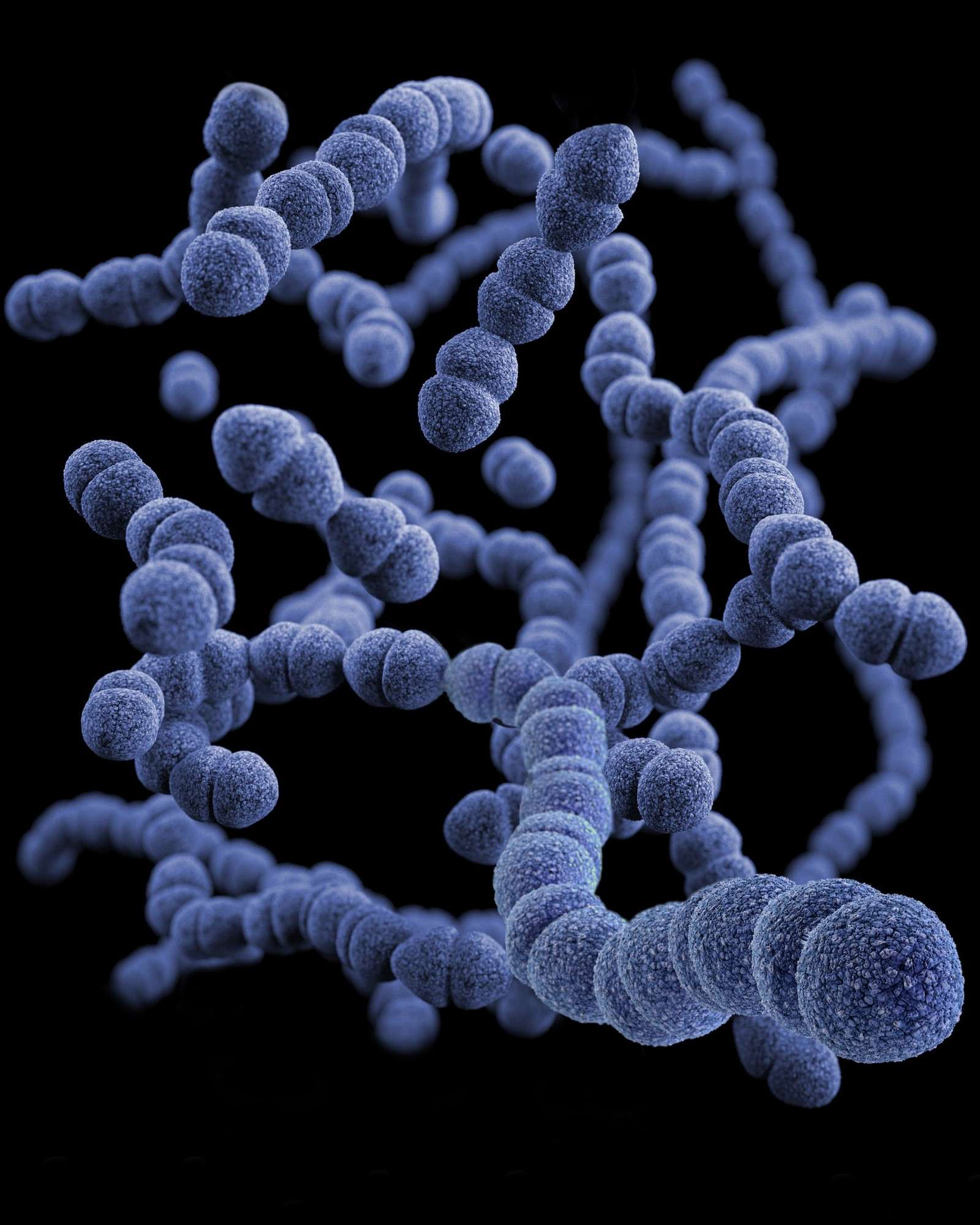
Currently, the novel coronavirus has shaken the entire world and we all are terrified with the fact that some little germs can destroy the strongest and most intelligent species on the earth. The novel coronavirus can attack our physical stability and direct us to the roads of death, but some other parasites can even control our mind and make us behave weirdly. As science uncovers more about the influence of parasites and viruses on human behavior, we can also see how they shape our societies. Science already knows that mind control techniques are used by many organisms throughout the animal kingdom. Numerous horror stories and movies have been made in the entire world about these monstrous parasites. And some of these creepy neurological parasites can control and damage the brain of their human hosts, sometimes leaving insanity and death in their wake, and some of them are given below.
1. The amoeba that disturbs and hallucinates its host - Naegleria Fowleri
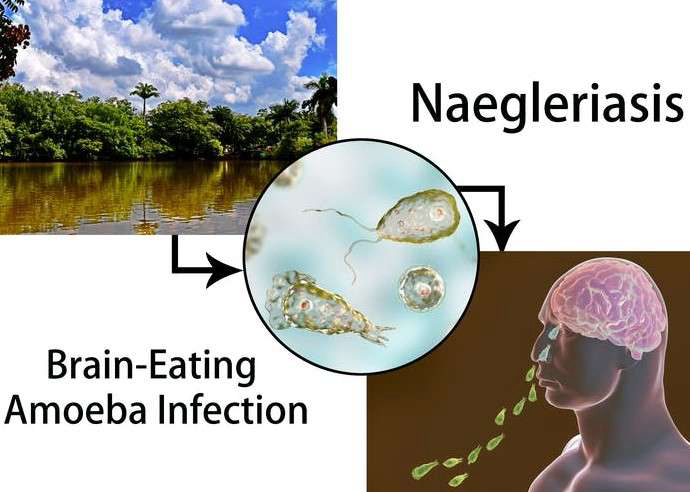
If you love hiking in the wild, just stay away from warm, stagnant and enticing water bodies, no matter how thirsty you are. These tempting water bodies often play host to an amoeba named Naegleria Fowleri. This parasite can spend long periods just sticking around as a cyst, a small unbreakable ball that can survive cold and warm conditions. Once it comes into contact with a host, it turns into its tentacle-like form, and it directly strikes on the host's central nervous system. The host can go from uncomfortable to unconscious in a matter of hours. The symptoms start subtly, with changes in tastes, smells with some fever and stiffness. And after the next few days, the victim starts feeling confused and begin to hallucinate, with seizures and brain losses, two weeks later, the victim most likely dies. Naegleria Fowleri infections are rare, but it is important to seek medical attention. It is also crucial to stay away from warm ponds of stagnant water, just not to end up with an unwanted guest in the brain.
2. Travelling through cats, rats, humans and their children - Toxoplasma Gondii
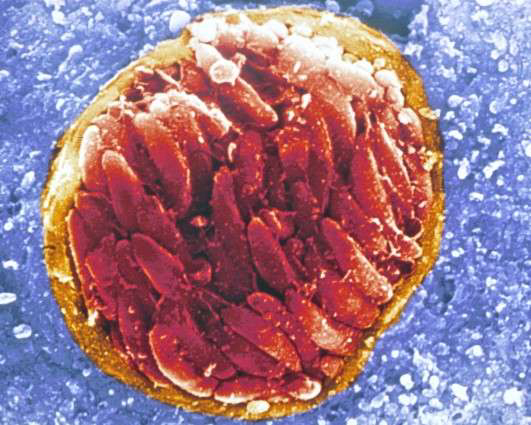
Toxoplasma Gondii is a tiny protozoan that looks much like a clot. Toxoplasma Gondii's life begins in cat's faces, and there it waits to be picked up by carriers like rats. Researchers have estimated that around 30% of the people on earth are carrying this parasite in their brains right now. These parasites bring Schizophrenia with it, which is a disorder that impacts on a person's potential to think, feel and function. Cases of Schizophrenia have risen rapidly around the early 20th century when domestic cat ownership became common in the world. Joanne Webster, a parasitology researcher at Imperial College, London, explains that changed activity levels, shifts in risk behaviors and declined reaction times can be some symptoms of this parasite infection, but in some cases, it becomes more serious like Schizophrenia. Some researchers have also found that these parasites can cumulatively alter the behavioral structures of entire cultures. And in some cases, infected parents have a 30% chance of passing the parasite on to their children. The host doesn't get any instant idea about being infected by Toxoplasma Gondii because it is asymptomatic in most of the cases, until the day it severely strikes. The most important thing in this type of infection is not to ignore it and move for ethical medical advice.
3. The parasite that plays with fear, memories and emotions - Rabies
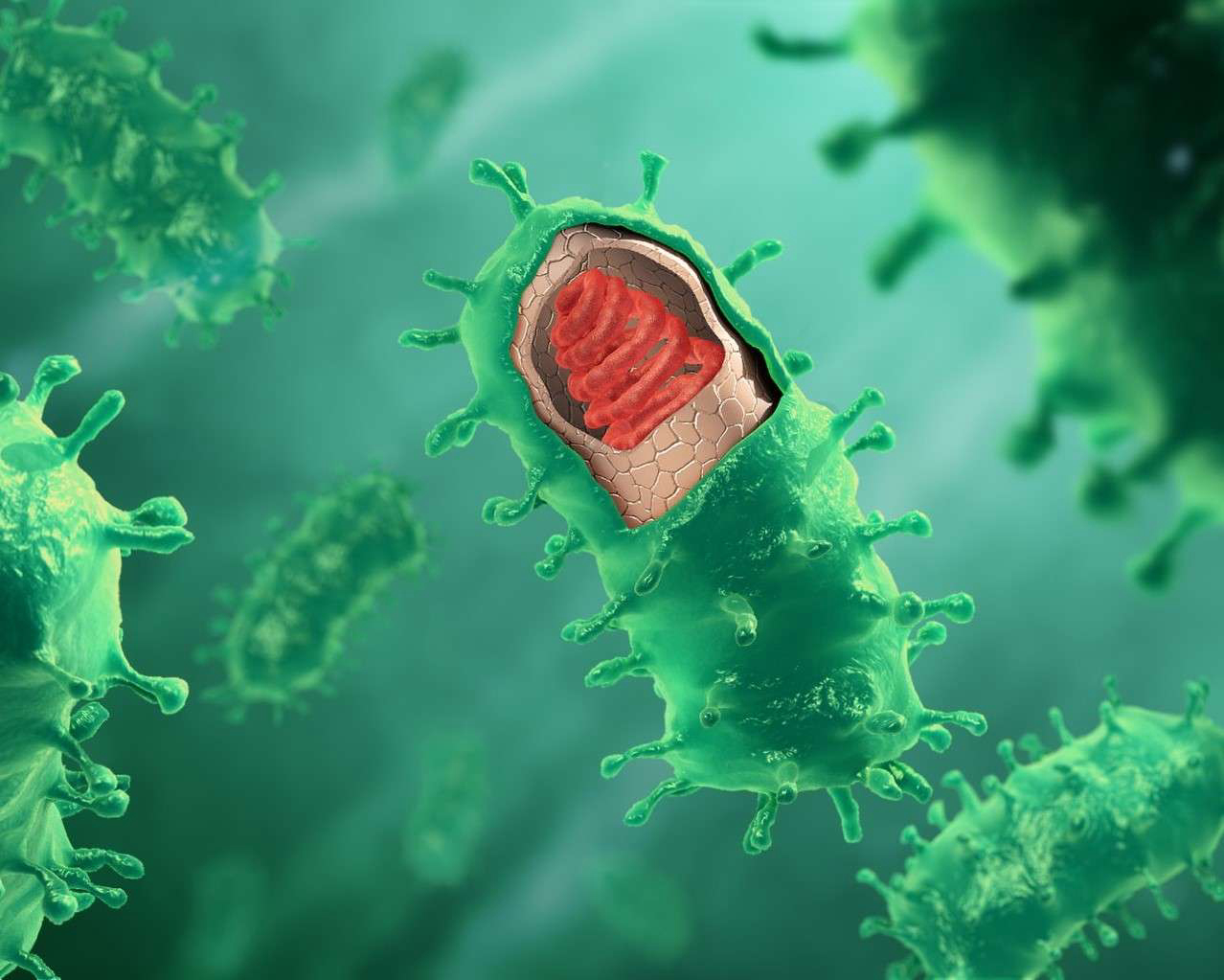
Rabies is the most famous and most controversial neurological parasite. We have all been warned to never bother animals we find wandering on the streets, especially dogs. Cute and friendly as they might look, they could easily be carrying the deadly rabies virus. This parasite can get into the human body with a simple puncture wound or an animal bite. Once the rabies is inside the host's body, it rapidly begins attacking cells, transforming them into rabies factories and make way to the host's central nervous system. Rabies parasites particularly seek out the amygdala, hippocampus, and hypothalamus, brain structures that play central roles in memory, fear and emotions. They turn their host's brain chemistry against their body. The host becomes terrified of water and aromas of air. If the infection goes untreated, the host falls deeper into confusions and hallucinations. The host loses the ability to sleep, sweat profusely, and finally fall into a paralyzed stupor to later fall into coma or death. Till now, fewer than 10 people have survived a final clinical-stage rabies infection. But at the same time, it's easily preventable with a vaccine.
4. Sleep forever! - Trypanosoma
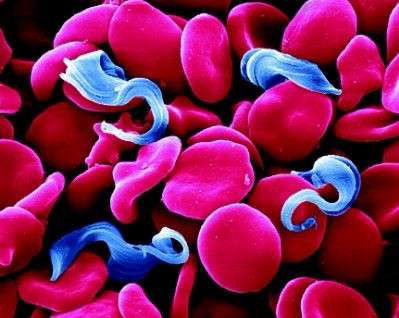
In the tiny villages of Sub-Saharan Africa and the wilds of the Amazon, this one parasite can bring sleep that leads to death. The Tsetse flies in Africa love human blood, and if often carries a parasite known as Trypanosoma. In the first stage of Trypanosoma infection, the parasites live in the host's blood and lymph nodes, where they grow from dull little ovals into long squirmy spots fitted with whip-like flagella. As they mature, the parasites cross the blood-brain barrier and the encephalitis stage begins. Initially, the host suffers headaches and have trouble sleeping, or sleep and wake at odd hours. With time, the human host starts to exhibit a dizzying type of other psychological symptoms, from changing appetites to depression to odd speech patterns to uncontrollable itching. Over the next few years, the host's odd behavior gradually starts to lapse into laziness, and ultimately a prolonged sleep that leads to sleeping sickness, coma, and death. The cure for Trypanosoma is available, but the victim's family and friends often fail to recognize the actual reason due to sheer range of unpredictability of its symptoms, which looks just like sleep addiction or depression.
From attacking brain cells to bringing crippling paranoia, these tiny creatures are every bit as scary as those in any horror movies. These parasites can control our mind and decide our behavior. Even the parasitology researcher Joanne Webster tells, “The brain is a ‘privileged site for many parasites. And that really challenges the concept of free will, after all, is it us or our parasites who decide our behavior?” Until the researchers find out a permanent solution for these little creatures, just don't let these neurological parasites get into your brain!
_____________________________________
Reference:
- www.cdc.gov
- www.imperial.ac.uk
- www.medicalexpress.com
